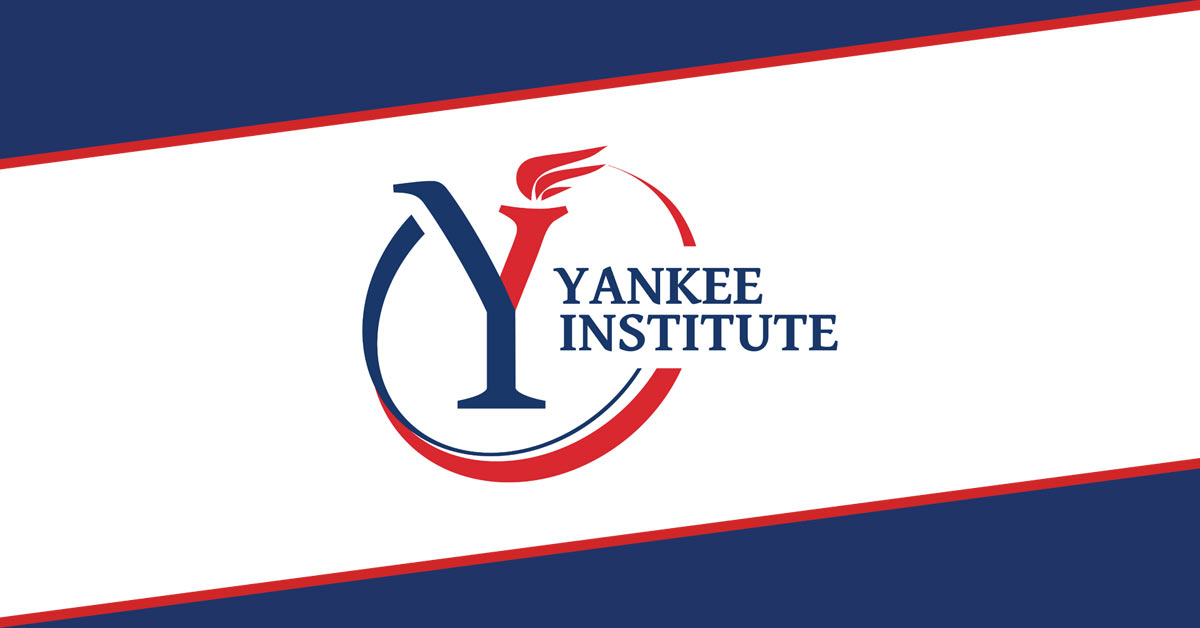A recap of the Friedman Legacy Day Luncheon
Connecticut fails low-income students
Connecticut has a serious problem when it comes to educating some of its most vulnerable citizens. In a state with prestigious private schools and top-ranked colleges and universities, low-income students who attend public schools perform more poorly than their counterparts around the country. The only other state where school children are worse off is Alabama.
Dacia Toll, co-CEO of Achievement First Charter Schools, shared this sobering reality at the Yankee Institute for Public Policy’s Milton Friedman Legacy Day Luncheon held in Avon on August 29. Achievement First is a network of 32 public charter schools in Connecticut, New York and Rhode Island serving students in grades K-12.
As the event’s keynote speaker, Toll addressed an audience of approximately 130 that was comprised of educators, retired educators, legislators, executives and others who gathered to learn more about Connecticut’s achievement gap and how it impacts students’ future economic success and the future of Connecticut.
She said education is a “civil rights issue” and that effective teachers and leaders in public education should set high standards for students in order to combat Connecticut’s achievement gap.
“How do you break the cycle of poverty? With education.”
“We are failing our low-income students,” said Toll, who pointed out that middle-class kids are also graduating at alarmingly-low rates.
To illustrate her point, Toll shared a graph that indicated an 11 percent unemployment rate among those with less than a high school education, contrasted with an unemployment rate of less than 2 percent for those who have more than a high school degree.
Other compelling statistics Ms. Toll shared include:
- 100 percent of the students enrolled in an Achievement First public charter school will gain acceptance to a college or university
- 97 percent will matriculate
- 50 percent are projected to graduate from college
What, exactly, is a charter school?
Charter schools are public schools, a fact that is often misunderstood. Toll said that acceptance into a charter school is by lottery – period. There are no other criteria for selection other than signing up for the opportunity to attend.
The popularity of public charter schools can make them difficult to get into. Their teachers are among the best and brightest, and the teacher-student ratio is approximately 12-to-1.
A major difference between traditional public schools and public charter schools, according to Toll, is that charter schools have “increased autonomy in exchange for increased accountability.”
Connecticut’s Complexities
Unfortunately, in spite of at least 11 different ways of funding students in our state, Connecticut’s charter schools receive $4,000 less per pupil than the state’s traditional public schools.
“This feels very tenuous, uncertain, and it’s certainly not scalable,” said Toll, who added that Connecticut is a state where “money does not follow the child.”
When public charter schools launched in Connecticut 20 years ago, they met opposition from special interest groups and teachers’ unions. Toll said that the underlying fundamentals of the charter schools in our state are so flawed that they may have been set up to fail.
Still, the statistics bear out the charter schools’ winning accomplishments – with the lion’s share of the accolades going to the schools’ excellent teachers. Charter schools focus on teachers’ recruitment, development, selection, retention — and celebrating their successes.
“We screen for mindset,” she said. “Our teachers self-rate themselves much lower than (traditional) public school teachers.”
How you can get involved
If you would like to help Connecticut’s public charter schools continue to succeed, Ms. Toll offers these suggestions:
- Visit a school
- Mentor or tutor a studen
- Make a donation
- Advocate for a strong public policy

